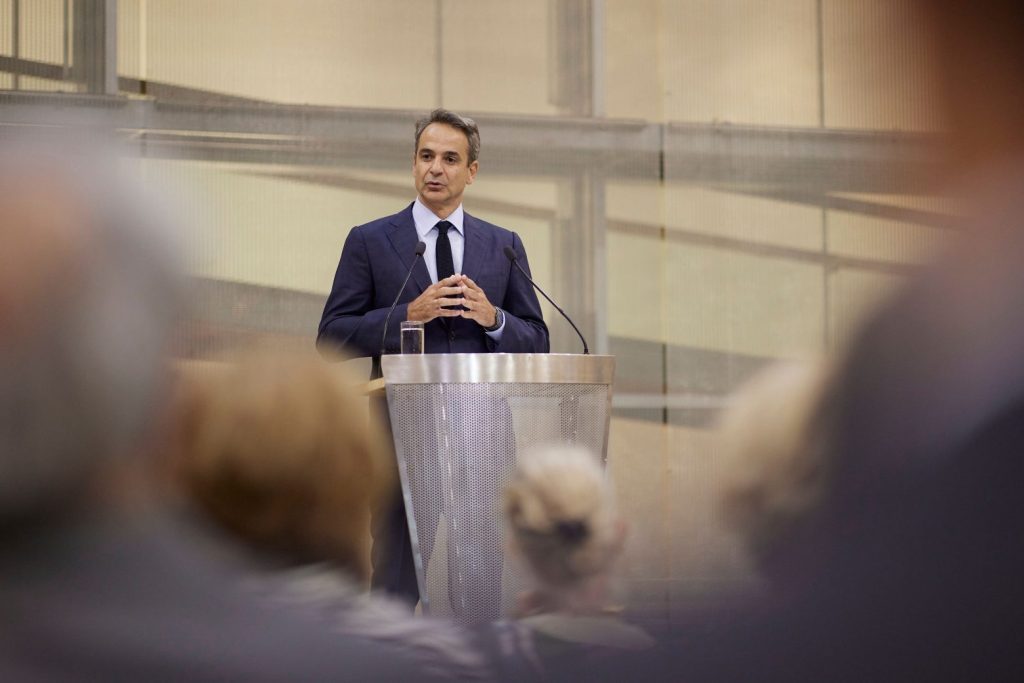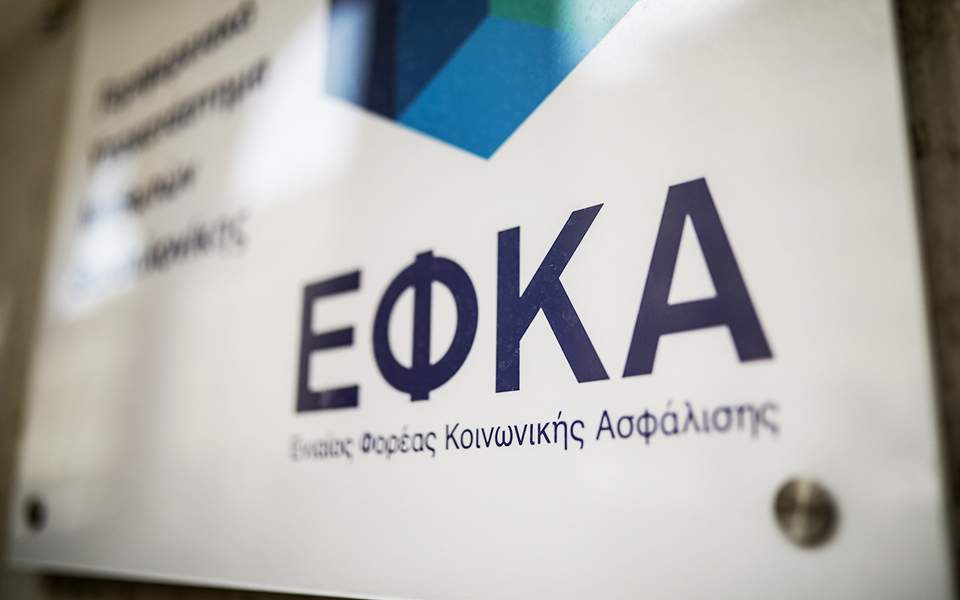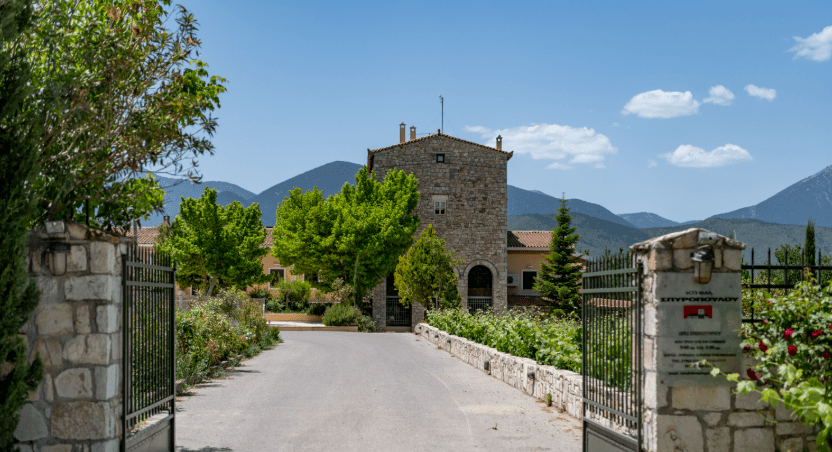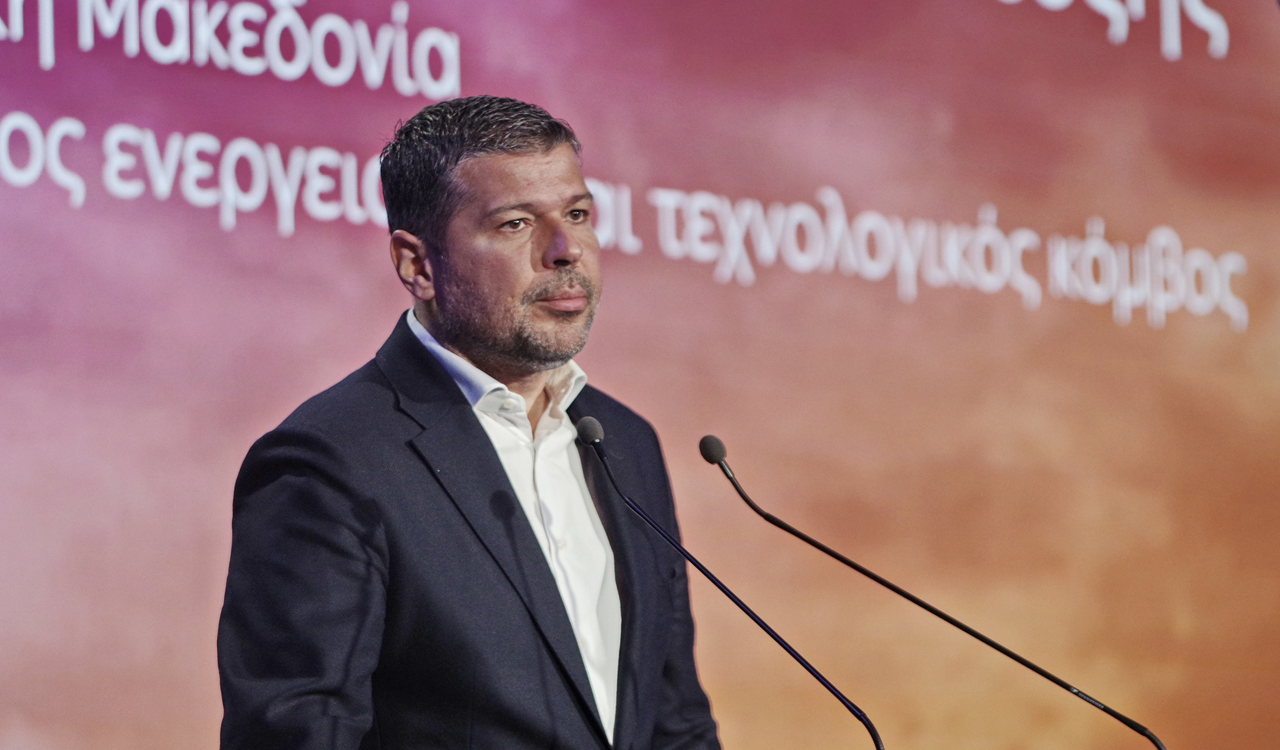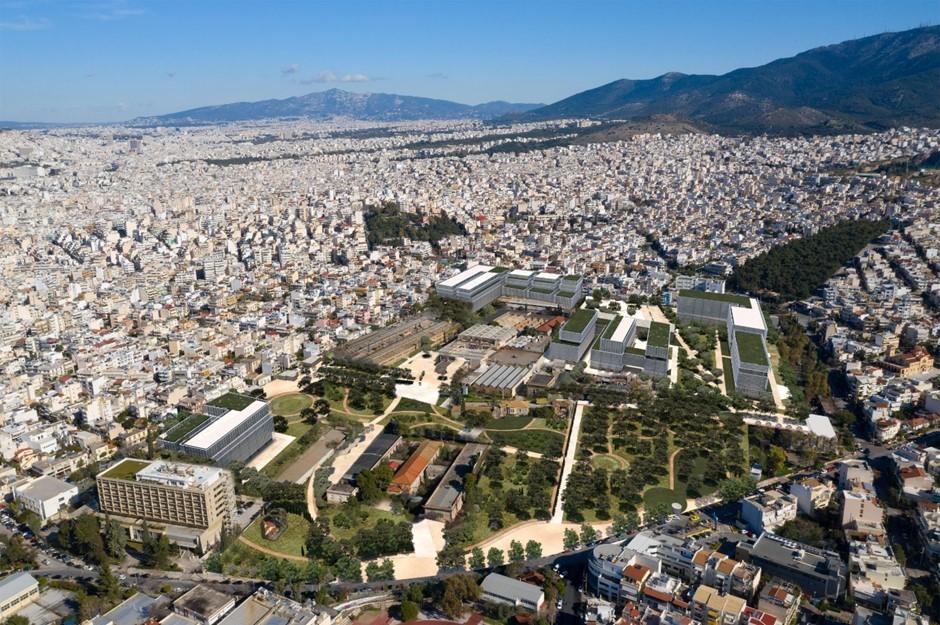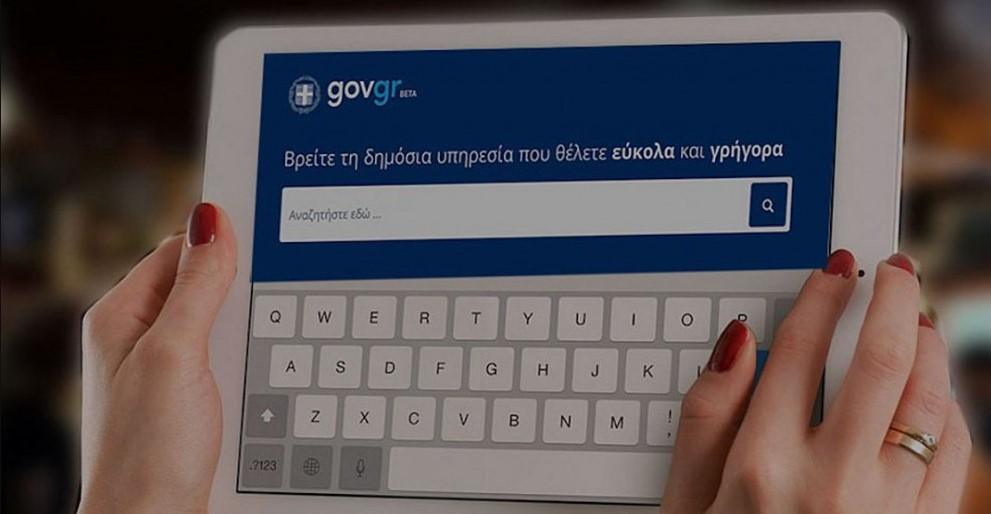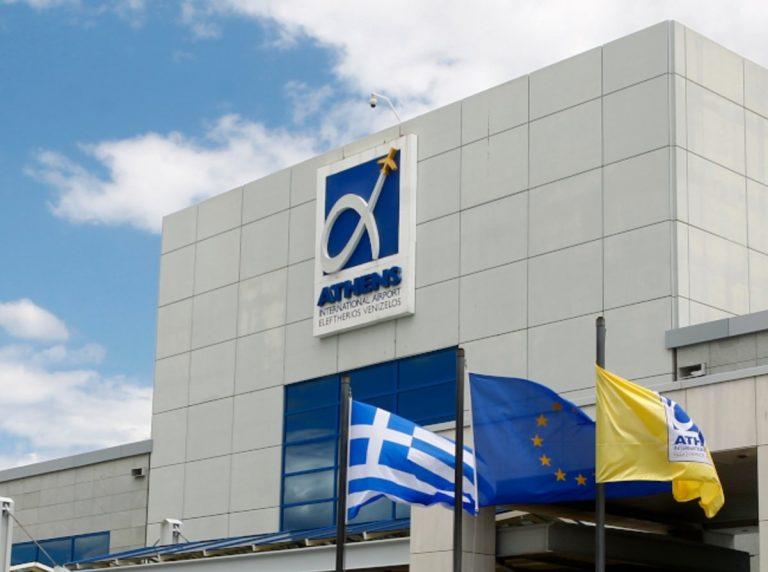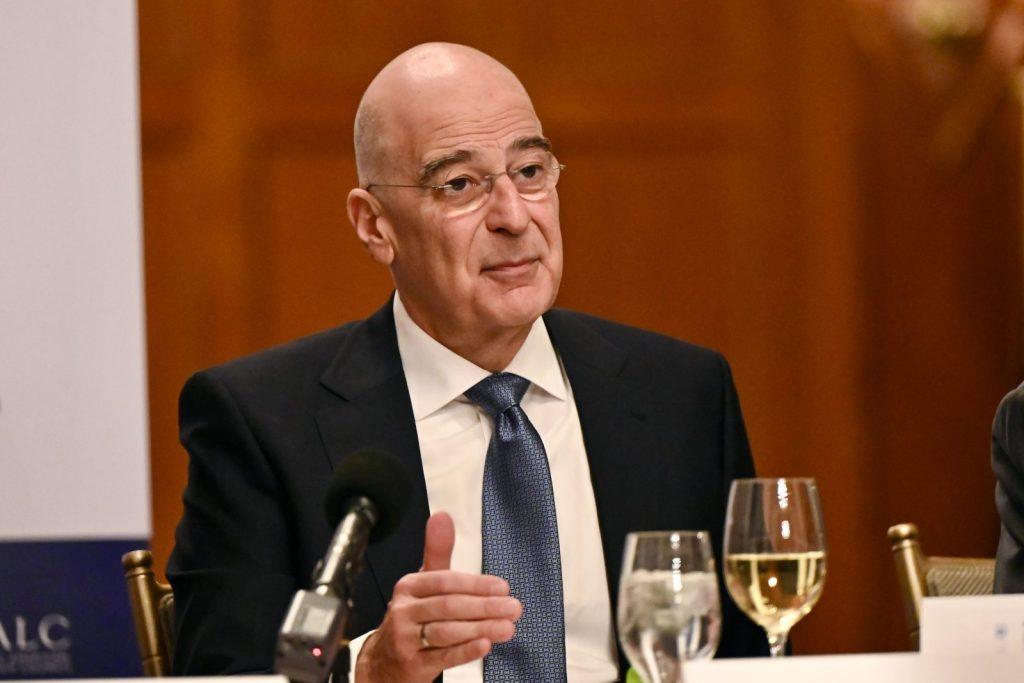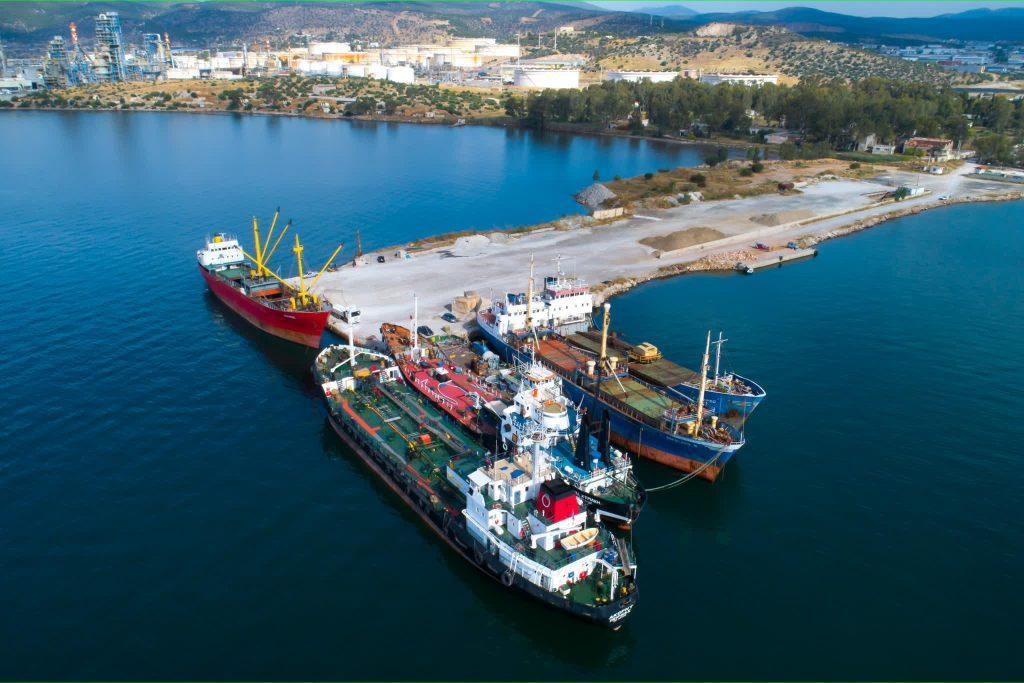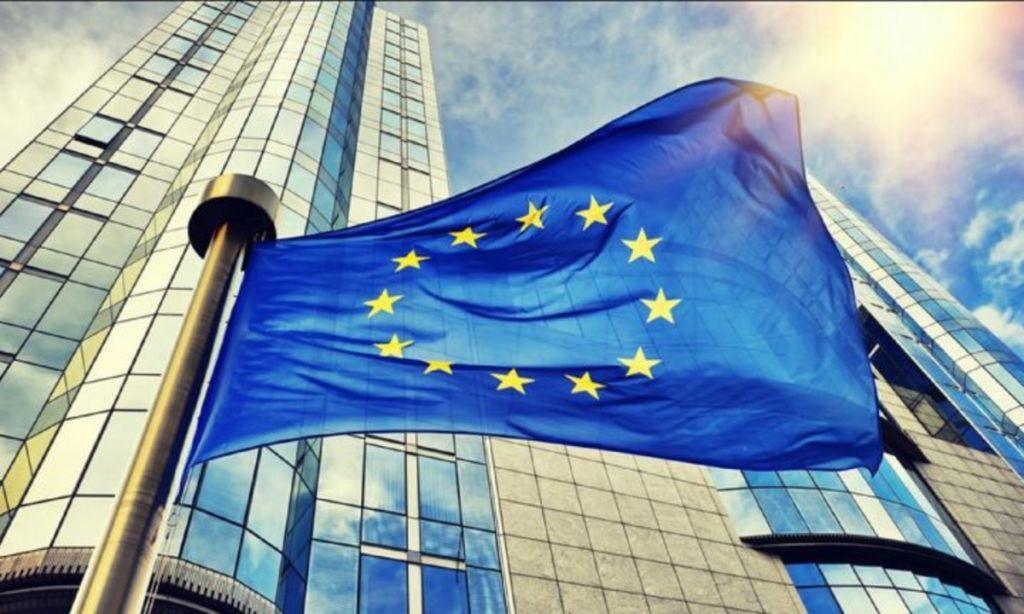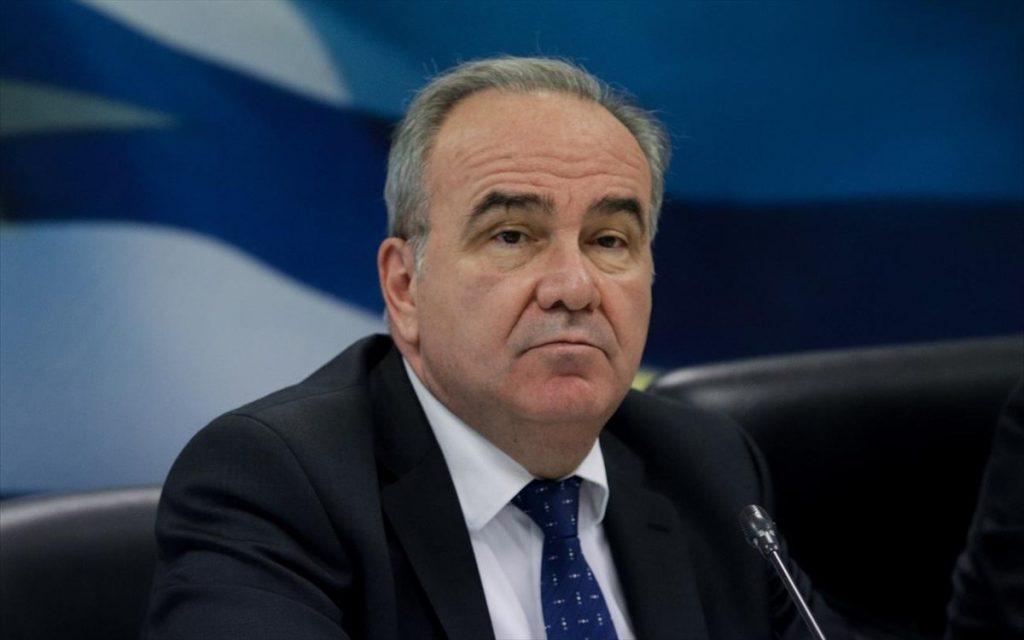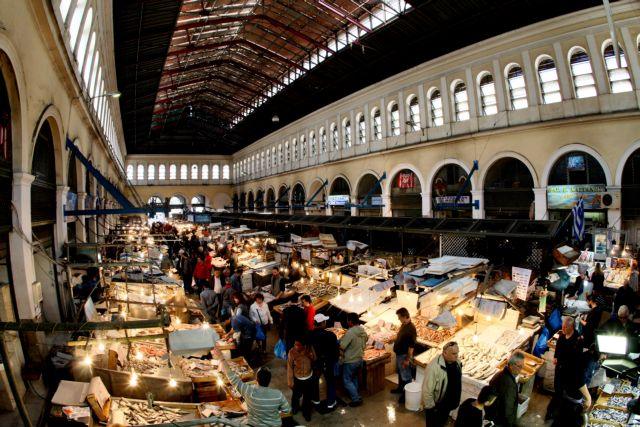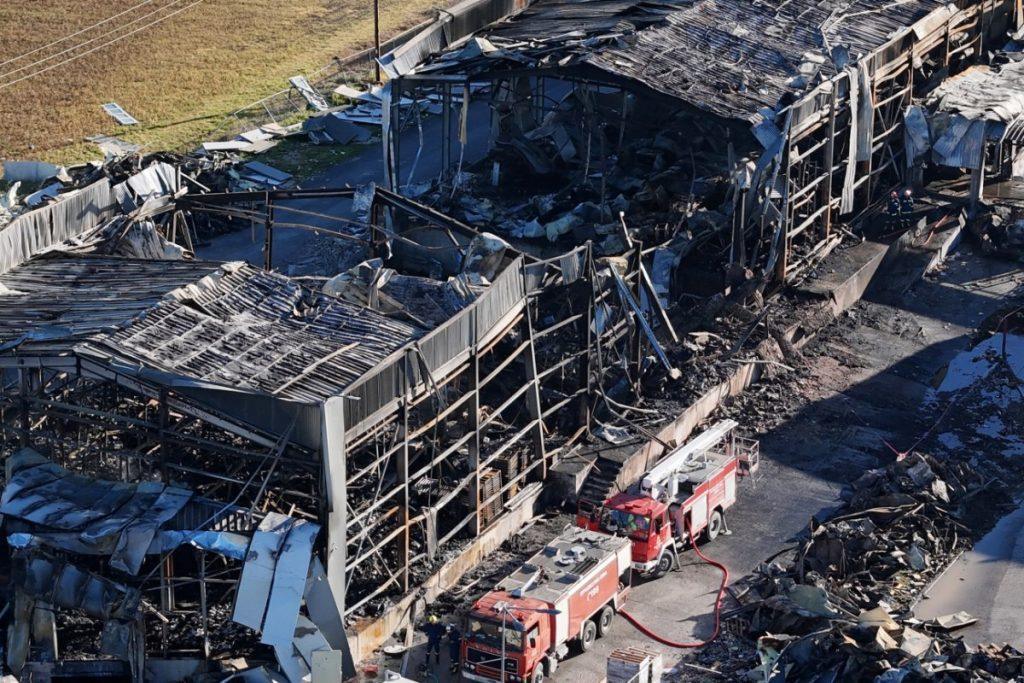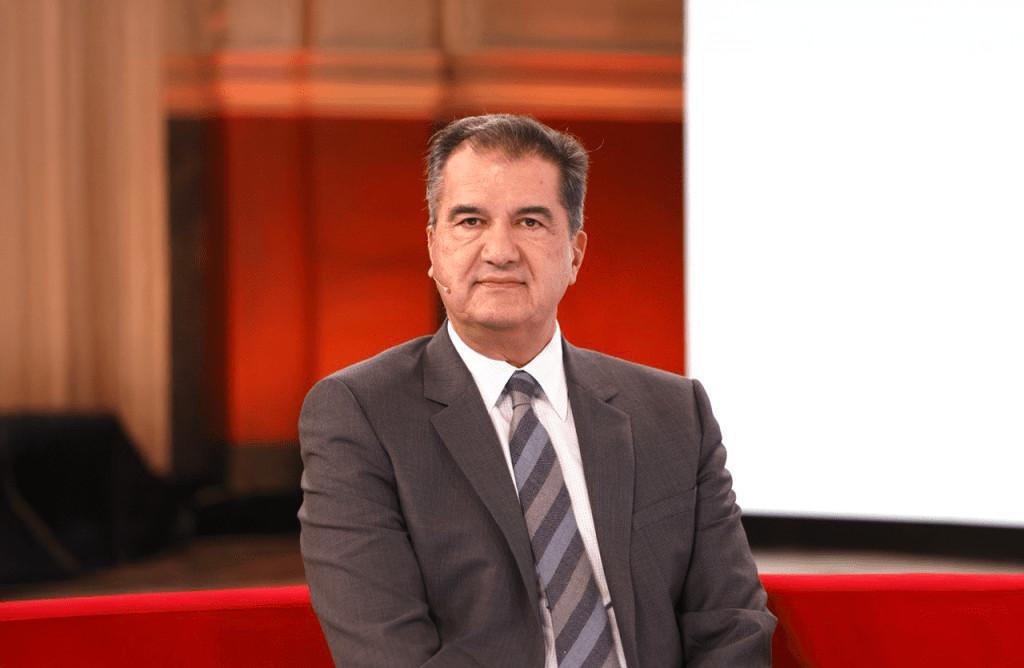The PM’s office and the financial staff insist on the motto “as long as there is fiscal space, we will return it to society”, with Kyriakos Mitsotakis gearing up in order to address the large public – with the expectation of convincing them already in view of the electoral contest. He essentially wants to show that he is speaking to these audiences (without, however, leaving aside “special” audiences, such as the unemployed) with initiatives that are “both locked in,” as a close associate says, “and very specific.”
And not “putting non-existent money into existing problems”, as the prime minister accuses Alexis Tsipras. The “news” that Mitsotakis has in store from Kozani this afternoon will concern such a large audience.
Speaking to local media, he will announce the details of the bonus that pensioners will receive without exceptions. This will concern pensioners who did not see the slightest increase due to the personal difference. Up to 900,000 pensioners are at the center of the emergency intervention.
Higher wages
At the same time, the PM’s office has long since defined the main slogan on the way to the election contest, talking about “better wages”. Higher wages were redefined as “the big bet of the next four years” by Kyriakos Mitsotakis from Western Macedonia, where he toured yesterday (Kozani, Ptolemaida, Kastoria) and continues today (Kozani, Florina).
His program even includes a visit to the “Ptolemaida 5” unit (its commercial operation is expected from next May as two-three months of tests are needed), with the bet of curbing unemployment being pivotal in the region where delignitization.
“On April 1st, and it’s not an April fool’s prank, comes the third consecutive increase in the minimum wage, automatically leading to an increase in other benefits, such as unemployment benefits,” he said yesterday, acknowledging once again that wages remain low. “It is now realistic to expect a significant improvement in wages from 2024 in both the public and private sectors,” he added.
Alexis Tsipras certainly has the labor high on his own agenda. There has already been a special spot by SYRIZA in which the basic positions are presented for a minimum wage of 880 euros, a 10% increase for civil servants for the first time after a decade and tax-free income level at 10,000 euros.
The market pass
Expectations are also expressed within the New Democracy party for the effectiveness of the food purchase card, the so-called market pass, which is coming next month to the retail trade (bakeries, mini markets, fruit shops, butchers, fish shops, dairy shops, etc.). The monthly purchase limit per household (will) amount to 220 euros for a single-member household, increasing by 100 euros for each additional member of the household and up to 1,000 euros of purchases.
“It will cover 10% of the basic purchases of every Greek family until the summer,” Mitsotakis hastened to remind, speaking of a fund of 600 million euros for 8 million citizens. “It is not a small amount, 600 million will support the needs of households for purchases of basic goods. And where does the money come from? It comes from the extraordinary taxation of our two large refineries,” he noted.
Parties clash
The confrontation between the government and main opposition SYRIZA on the economy and beyond is fierce with one side trying to deconstruct the arguments of the other. From New Democracy they want to suppress SYRIZA within its core electorate and keep for themselves the ability to speak to wider audiences with a specific plan.
The words of the prime minister from the North of the country last night are indicative: “Our opponents have sought to entrench themselves behind their own supporters, it does not seem at the moment that they are claiming new ones, rather they are content to look forward to at best approaching their electoral percentage of the last elections. They are essentially seeking a second chance at calamity.”
